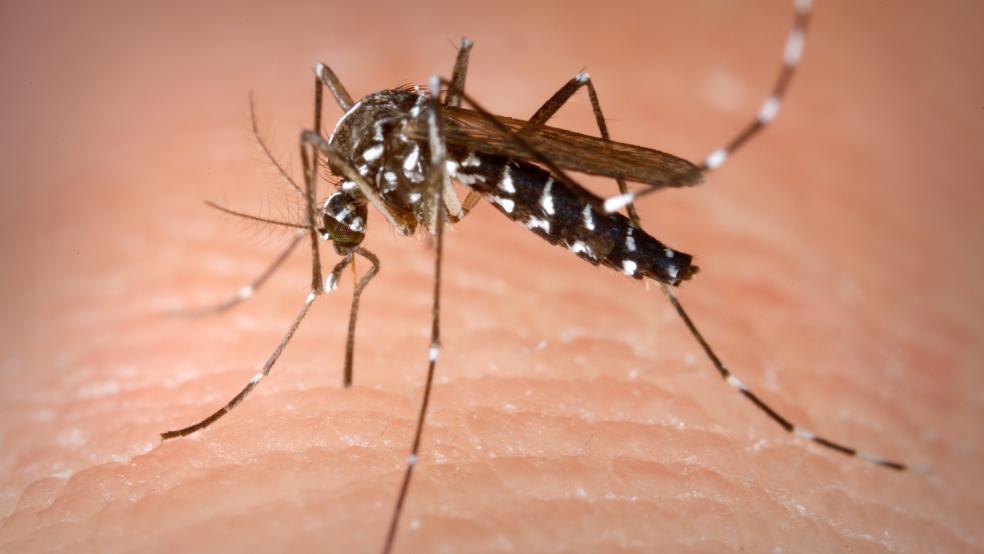Humans in general, and those residing in the U.S. in particular, might prefer to ignore the evidence that the planet’s climate is changing. Unfortunately, mosquitoes, and the viruses they carry, are paying closer attention.
Among other things, that means things are about to get a lot more expensive when it comes to protecting the public health.
Related: Climate Change Signals the End of Australian Shiraz
Last week, Florida health officials confirmed the first cases of the tropical disease chikungunya acquired in the United States. Chikungunya is a mosquito-borne virus native to Africa and South Asia that, until now, has never been endemic to the United States. It causes debilitating fever, and intense joint pain, and though it is seldom fatal, is very dangerous for people whose health is already compromised and can cause long-term arthritis-like symptoms.
The arrival of this new disease comes on top of the increasing frequency in the U.S. of Dengue fever, a condition similar in its effects to chikungunya, and is also not native to the United States.
U.S. public health officials have long warned that global warming could have the effect of creating attractive living conditions in the U.S. for pathogens we have never had to deal with in the past, and the arrival of this newest virus seems to confirm their predictions.
The increasing prevalence of these diseases will create considerable human suffering on its own, but it will also require the federal government, states, and municipalities to reassess the way they allocate resources.
Related: U.S. Military Bases Threatened by Climate Change
And sadly, exotic tropical diseases aren’t the only concern. With daily temperatures in many regions of the U.S. expected to exceed 95 degrees Fahrenheit for, in some cases, several months of the year, public health officials have warned state and local health authorities that not only do they need to be prepared for unfamiliar tropical disease, but that heat-related emergencies – including complications of heart disease, diabetes, and other conditions, are likely to become more frequent.
The result at a regional level will be the need for more hospital beds and health care personnel. At the local level, it will mean that maintaining the current level of service provided by ambulance crews and emergency medical technicians will require more personnel and equipment.
Beyond programs directed at public health, there is evidence that costs related to firefighting and other public safety program will also begin to rise.
Today, a significant portion of the U.S. population continues to deny that global warming is a serious problem, arguably because it hasn’t had a measurable effect on most people yet. Unfortunately for all of us, that may be about to change.
Top Reads from The Fiscal Times:
- The Long-Term Unemployed May Finally Get a Break
- Another Regulator Thumbs His Nose at U.S. Consumers
- The Other Secret Government Agency that Operates Outside the Law



